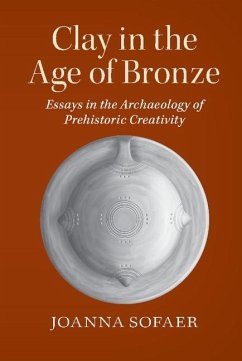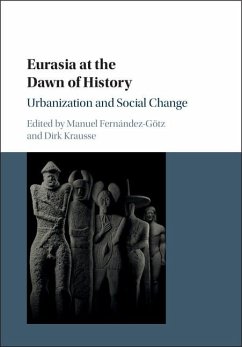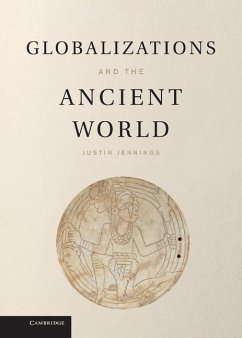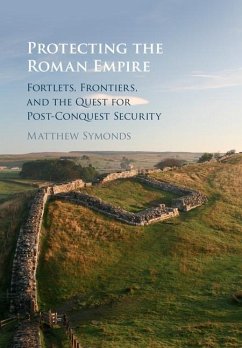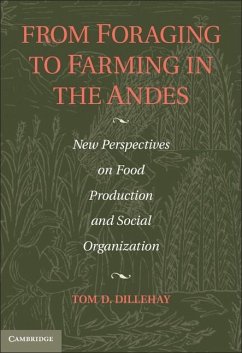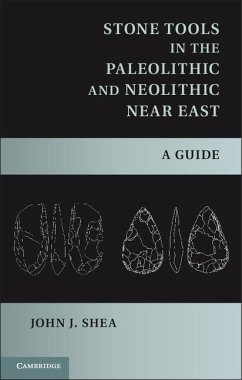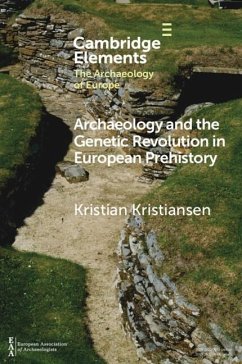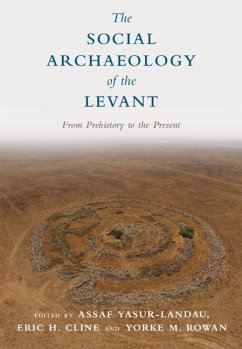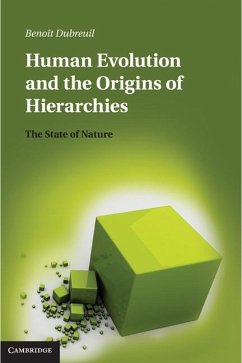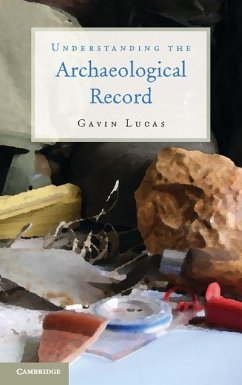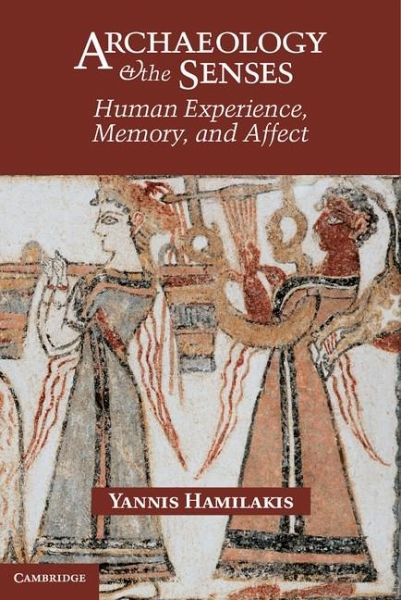
Archaeology and the Senses (eBook, ePUB)
Human Experience, Memory, and Affect

PAYBACK Punkte
9 °P sammeln!
This book is an exciting new look at how archaeology has dealt with the bodily senses and offers an argument for how the discipline can offer a richer glimpse into the human sensory experience. Yannis Hamilakis shows how, despite its intensely physical engagement with the material traces of the past, archaeology has mostly neglected multi-sensory experience, instead prioritising isolated vision and relying on the Western hierarchy of the five senses. In place of this limited view of experience, Hamilakis proposes a sensorial archaeology that can unearth the lost, suppressed, and forgotten sens...
This book is an exciting new look at how archaeology has dealt with the bodily senses and offers an argument for how the discipline can offer a richer glimpse into the human sensory experience. Yannis Hamilakis shows how, despite its intensely physical engagement with the material traces of the past, archaeology has mostly neglected multi-sensory experience, instead prioritising isolated vision and relying on the Western hierarchy of the five senses. In place of this limited view of experience, Hamilakis proposes a sensorial archaeology that can unearth the lost, suppressed, and forgotten sensory and affective modalities of humans. Using Bronze Age Crete as a case study, Hamilakis shows how sensorial memory can help us rethink questions ranging from the production of ancestral heritage to large-scale social change, and the cultural significance of monuments. Hamilakis points the way to reconstituting archaeology as a sensorial and affective multi-temporal practice.
Dieser Download kann aus rechtlichen Gründen nur mit Rechnungsadresse in A, B, BG, CY, CZ, D, DK, EW, E, FIN, F, GR, HR, H, IRL, I, LT, L, LR, M, NL, PL, P, R, S, SLO, SK ausgeliefert werden.




